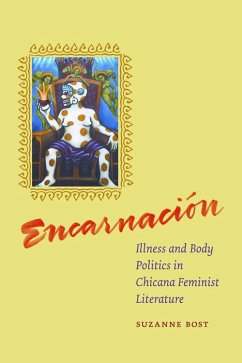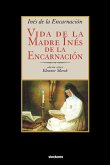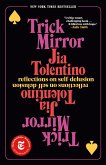Encarnaci[n takes a new look at identity, following the contemporary movement away from the fixed categories of identity politics toward a more fluid conception of the intersections between identities and communities.The works of Gloria Anzald£a, Cherr¡e Moraga, and Ana Castillo enable us to examine how identities shift and intersect with others through processes of incarnation.Since the 1980s, critics have come to equate these writers with Chicana feminist identity politics. This critical trend, however, has been unable to account, as does Encarnaci[n, for these writers' increasing emphasis on bodies that are sick, disabled, permeable, and, oftentimes, mystical.Concerned equally with the medical-surgical interventions available in our postmodern age and with the ways of understanding bodies in the Native American and Catholic traditions these writers invoke, Encarnaci[n develops a model for identity that expands beyond the boundaries of individual bodies. The book argues that this model has greater utility for feminism than identity politics because it values human variability, sensation, and openness to others.
Hinweis: Dieser Artikel kann nur an eine deutsche Lieferadresse ausgeliefert werden.
Hinweis: Dieser Artikel kann nur an eine deutsche Lieferadresse ausgeliefert werden.








